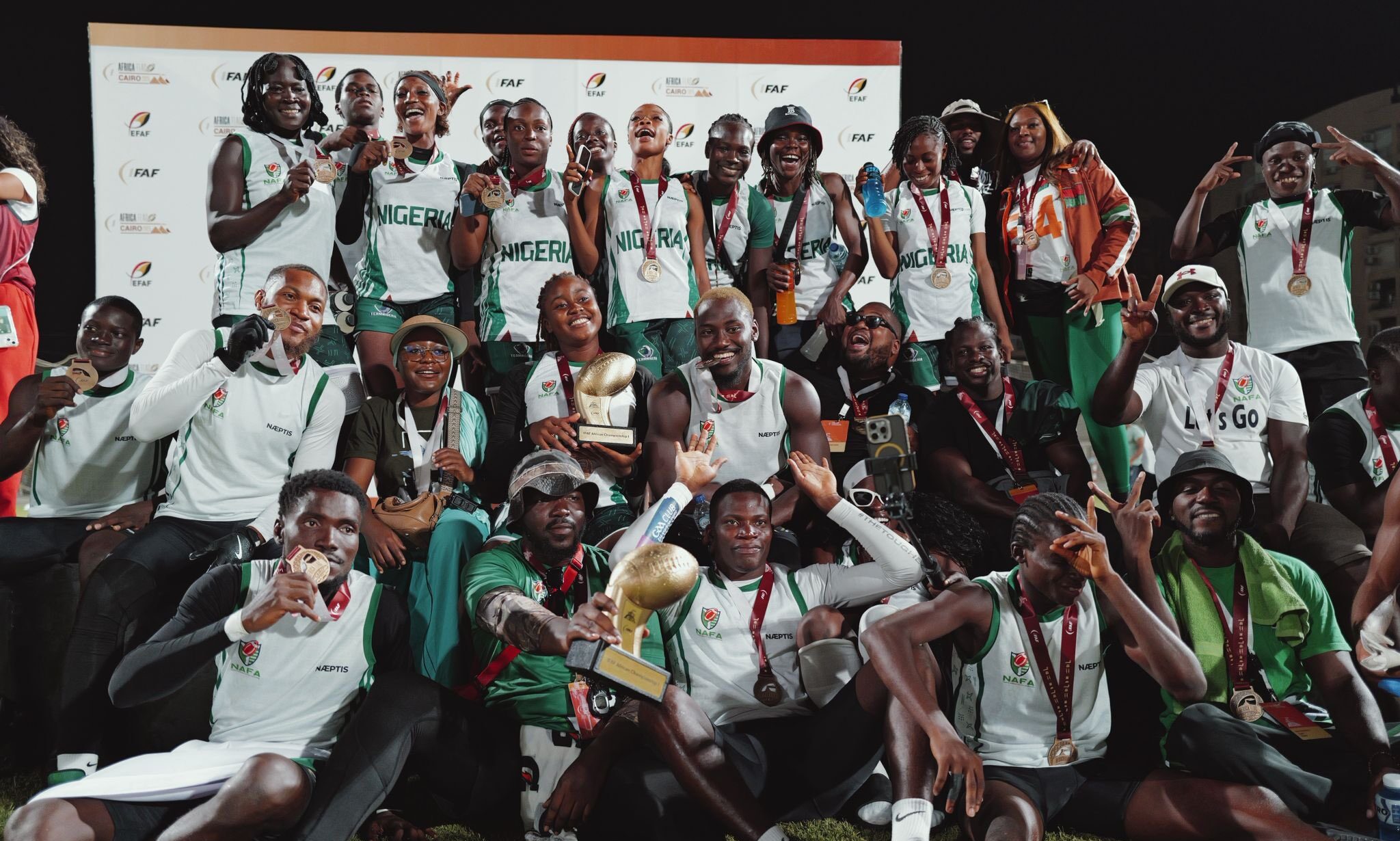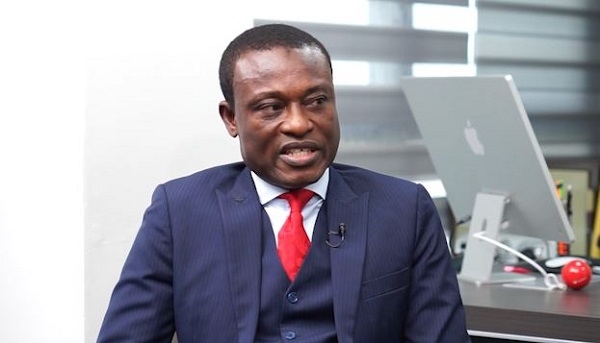65 years on, Belgium edges closer to trial over Lumumba's assassination
Sixty-five years after the 1961 assassination of Patrice Lumumba, a key figure in the Congolese independence movement, the Belgian federal prosecutor’s office hopes that a trial may finally take place – possibly in 2026 – as part of the investigation into “war crimes” opened in Belgium, the former colonial power.
Issued on:
3 min Reading time
The Belgian federal prosecutor’s office announced during the week that it had requested the referral of former Belgian diplomat Étienne Davignon to the Brussels criminal court, as part of the investigation into the 1961 assassination of former prime minister Patrice Lumumba.
Aged 92, Étienne Davignon is the only person still alive among the ten suspects named in the 2011 war crimes complaint filed by Lumumba’s children.
The referral to trial is requested notably for the “illegal detention and transfer” of Lumumba at the time he was taken prisoner, and for “humiliating and degrading treatment”, a spokesperson for the prosecutor’s office, Ann Lukowiak, told French news agency AFP.
An 'intent to kill' charge has not been retained - a dismissal is sought on that aspect, she added.
Last remains of Congolese independence hero Lumumba to return home
Patrice Lumumba was the first prime minister of the former Belgian Congo, after it became independent on 30 June 1960, but he was overthrown in mid-September 1960 by a coup d’état.
He was executed on 17 January 1961 along with two comrades by separatists from the Katanga region, in the south of what is today the Democratic Republic of Congo (DRC), with the support of Belgian mercenaries. He was 35 years old. His body, which was dissolved in acid, has never been found.
In 2011, on behalf of the children, eldest son François Lumumba filed a complaint in Brussels, accusing various Belgian administrations of having taken part in “a vast conspiracy aimed at the political and physical elimination” of the Congolese leader.
The investigation is now complete, and the prosecutor’s indictment targets the only living individual among the ten initially named in the complaint - former officials, police officers or Belgian intelligence agents.
Étienne Davignon was at the time of Congo’s independence a diplomatic trainee at the foreign affairsm ministry. He is suspected of having been present when a plan to arrest Lumumba was discussed. He has always denied Belgian authorities’ involvement in the crime.
He had joined the foreign affairs ministry in 1959, attended as an observer the round table bringing together Belgian and Congolese leaders in Brussels in early 1960, an event he later described as “a decisive turning point” in his career".
To display this content from Bluesky, you must enable advertisement tracking and audience measurement.
Following the indictment, it will be up to an investigating chamber to decide whether to proceed to trial. A hearing for pleadings, allowing the defence to present its arguments, has been scheduled for 20 January 2026.
“We are moving in the right direction; what we are seeking above all is the truth,” said Juliana Lumumba, the daughter of the former Congolese prime minister, in an interview with RTBF.
Christophe Marchand, lawyer for the Lumumba children says, “[Davignon] was aware of the plan to eliminate the former prime minister, and he participated actively despite what he says.”
After his diplomatic career, Davignon notably served as vice-president of the European Commission from 1981 to 1985, responsible for industry, during a period marked by the decline of European steelmaking. He also had a business career, as former head of the holding company Société Générale de Belgique.
As part of this investigation in Belgium, investigators seized a tooth of Patrice Lumumba in 2016, which was returned to the Democratic Republic of Congo in a coffin in June 2022 during an official ceremony in Brussels.
Remains of independence hero Patrice Lumumba returned to Congo
The then Belgian prime minister, Alexander De Croo, reiterated the “apologies” already made by the Belgian government in 2002 for its “moral responsibility” in the disappearance.
Reflecting on the conditions of this “terrible” assassination, De Croo pointed to Belgian officials who at the time “chose not to see” and “not to act.”
(with AFP)












